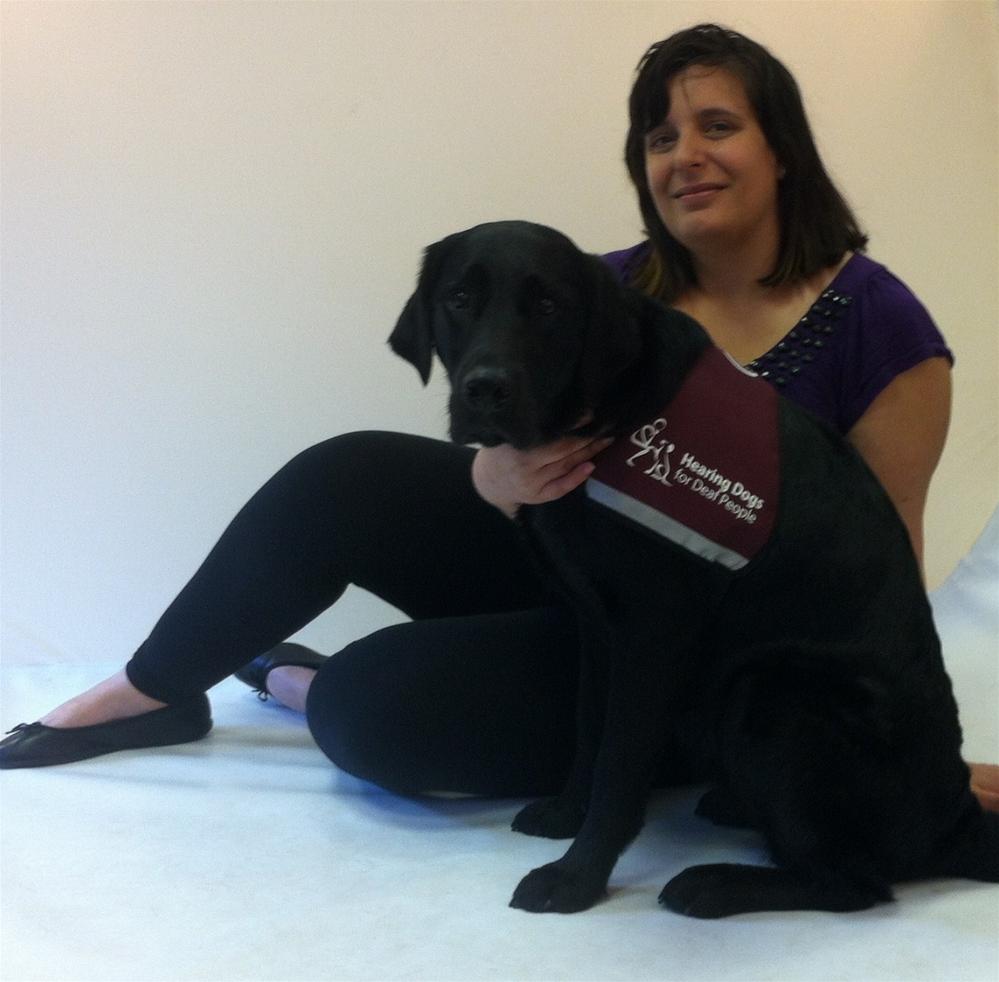Question for Communication professionals.
What would you do if you went to a medical assessment supporting a deaf person and the assessor asked you to stop providing communication support for any reason? (Call it a dilemma if you like!).
If that happened to you as a deaf person how would you react?
There were lots of comments on our Facebook page about ATOS. Here are a couple …
That happened to me, the assessor told the interpreter to stop signing and for me to lipread her. So I told the interpreter to stop voicing over and for the assessor to understand my signing!
The assessor then apologised!
I have been on the ATOS medical with no support and no aids it was awful she stood in a corner with her back to me and was shouting [I could tell by her body language] words for me to repeat it was pathetic and awful never again I gave up oh and I failed.
One of the Ethos of a NRCPD registered communication professional is “do no harm” and part of the training for the qualification is to have dilemmas like this. whatever you do – as a CP – you are responsible for the client. should there be misunderstanding, it is your role to ensure the client knows. This is especially hard for those CP’s working with deafblind people – but equally important for all. Should an agency or person who books them try to make them work outside that remit, the CP themselves have just as much right as the client to make a complaint to the NRCPD board.
On the matter of ATOS assessments, just been informed a lady had an assessment with a notetaker, she asked the notetaker for a copy of the on screen notes, the notetaker refused saying they were the property of ATOS as ATOS had paid, so she asked ATOS while she was there, they refused, the notetaker told her it was because the notes were a legal document. Now this isnt right somewhere, hopefully it will be sorted when the lady sees her social worker tomorrow
Clearly there is confusion at ATOS and on the notetaker’s part as to who the notes actually belong to. They exist to provide communication support for the deaf person, not ATOS!
Link: Is Hoban and the DWP letting you know your rights on Atos assessment recordings?




